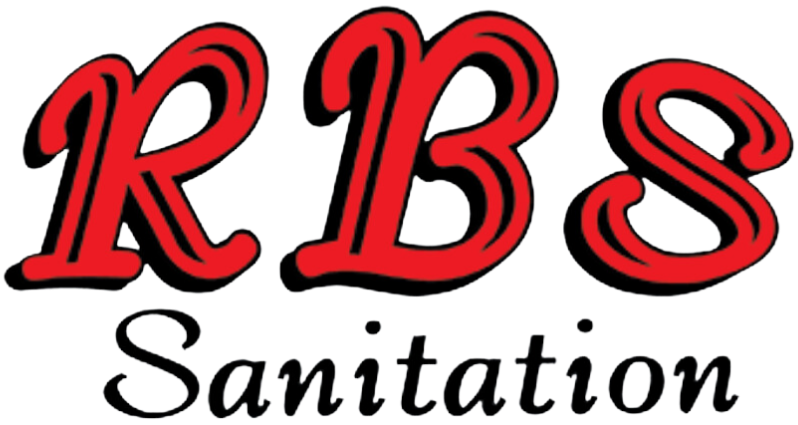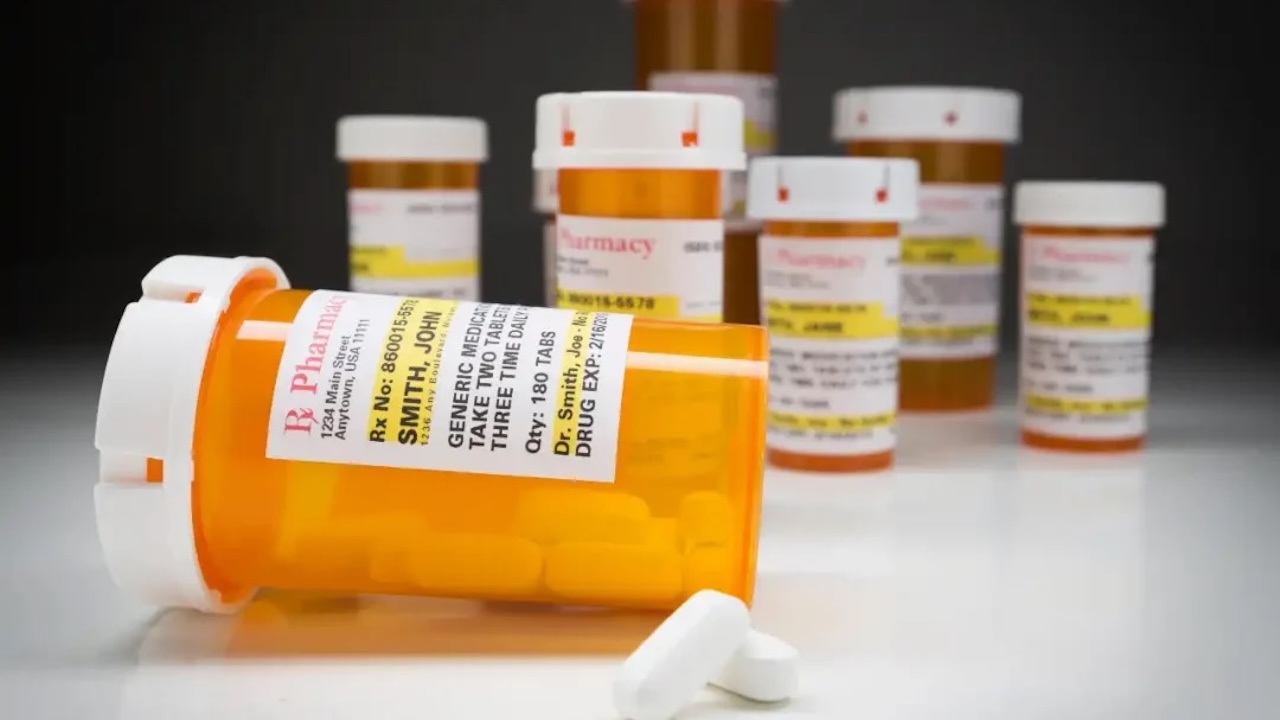With the recent surge in environmental awareness, people are starting to question everything they use on a daily basis – from the food they eat to the clothes they wear. One of the most common questions is: should you recycle prescription bottles?
The answer is not as straightforward as you might think. While recycling is generally a good thing, there are some factors to consider before you recycle your prescription bottles.
You can recycle prescription bottles
This might seem like a no-brainer, but it’s worth repeating. You can recycle your prescription bottles just like you would any other type of plastic bottle. Most recycling programs will accept prescription bottles as long as they are empty and the label is removed.
Before you recycle your prescription bottle, make sure that it’s empty.
This might seem like common sense, but you’d be surprised how often people try to recycle bottles that still have medication in them. Not only is this a waste of medication, but it can also be dangerous. If the medication is absorbed by the recycling process, it could end up in the hands of someone who shouldn’t have it. So, before you recycle your prescription bottle, make sure that it’s empty.
Remove the label with your name on it before parting with it.
This is another important step to take before recycling your prescription bottle. The label on the bottle usually has your name, address, and other personal information. If the label is not removed, this information could end up in the wrong hands. So, make sure to remove the label before recycling.
Completely remove paper instructions, cotton packing, and foil or paper tops.
Most prescription bottles also come with paper instructions, cotton packing, and foil or paper tops. These should all be removed before recycling. The paper can be recycled with your normal paper recycling, but the cotton packing and foil or paper tops should be disposed of in the garbage.
What are medicine bottles made of?
The majority of medicine bottles are made of type 1 plastic, also known as PET or PETE. This is a lightweight, clear plastic that is easy to recycle. So, if you have a medicine bottle that is made of PET plastic, it can be recycled. recycling your prescription bottles is a great way to reduce waste and help the environment.
In conclusion, recycling medicine bottles is extremely beneficial to both the environment and human health. It helps to reduce the amount of waste that ends up in landfills, and it also helps to ensure that dangerous chemicals do not leach into the soil and water. Overall, recycling medicine bottles is a win-win situation for everyone involved.

